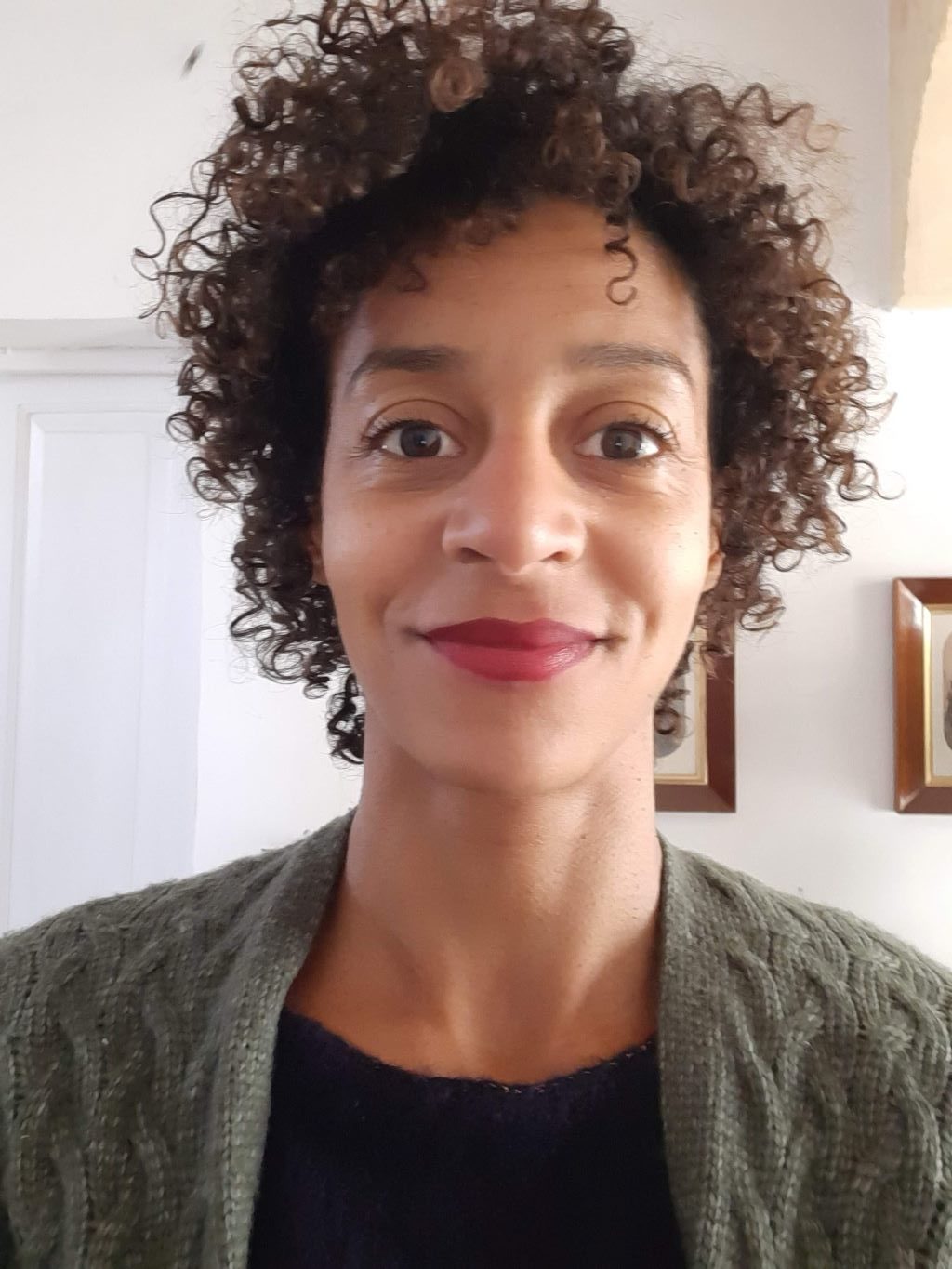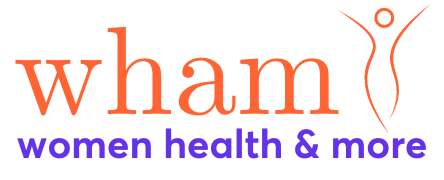
“Arise, then, women of this day! Arise all women who have hearts…”
In May, mothers are celebrated across the world at different dates…But did you know that Mothers’ day was originally envisioned as a day of peace, to honor and support mothers who lost men of their families to the Civil War in the USA?
The title above are the first words of the Mothers’ day Proclamation for Peace, written by social justice advocate and feminist Julia Ward Howe in 1870. When this text was brought to my attention earlier this month, its purpose – bringing women of all nationalities together to bring peace to humanity – resonated in a beautiful way with the research on foreign mothers I carried out 2 years ago here in Malta.
As May is closing to an end, I felt a call to share my experience as a French woman and mother, from a mixed-race background, living in Malta and the main findings of this research, carried out as part of my master’s degree in Gender, Society and Culture at the University of Malta.
Relocating from France, I arrived in Malta in the summer of 2016 with my husband, relocated for work here in the Insurance industry, and our 2 young children (5 months old, and 2.5 years old at the time). We could not find a daycare that was up to our standards (this improved since then, even though places are still limited) and able to take care of both children the same days at the same times, and we were reluctant to hire a full-time nanny after a disappointing experience in France. I therefore decided to take a break in my career and went back to university on a part-time basis, studying Gender within the Faculty for Social Wellbeing in Malta.
After a year, once I had finally found childcare for my youngest and as my son started going to school, I finally had more time for myself and volunteered with a NGO, visiting the centers for asylum seekers to hold discussion circles with women. This is when the feeling that I was navigating what seems to be two radically different worlds started to arise: going to the centers for asylum seekers in the morning and being part of the ‘expat’ community in Malta in the afternoon, when I was picking up my son at one of the international schools.
Yet, despite the radical differences in their situations, the mums in both settings would discuss similar topics: the (im)possibility of going back to work, what it felt to be “just a mum here” and not a working woman anymore, nostalgia and feeling of isolation being away from one’s usual social and support networks, and regular talks about the beauty and challenges of being a parent.
This is how my research topic “chose” me: I wanted to explore the diversity of foreign mothers’ experiences in Malta, without distinguishing between ‘migrant’, ‘expats’, ‘labor migrant’ or whatever other labels are unduly used to describe foreigners. At the end of the day, all foreigners in a country are migrants. One type of migration is valued – the ‘expats’ – and one is rejected and criminalized – ‘migrant’, and there are a myriad of situations in between.
Through 17 semi-structured interviews, with women from 14 different nationalities (yes, Malta is becoming very diverse!), I was able to capture some of the diversity of the lives and challenges of foreign mothers here: my aim was to explore how being a mother of young children (they all had children below school age at their time of arrival) would affect migrant women’s sense of identity, belonging and integration within the Maltese society.
I used intersectionality as a research framework: this theory, originally developed in the 80’s by Black feminist scholars, invites to take into account multiple social categories – class, gender, ethnicity, race, nationality, sexual orientation, body ability… – when studying social phenomenon and see how they combine together to create specific systems of power in any given situation. It is especially fruitful to highlight privileges and mechanisms of oppression, which makes it all the more interesting in a context of migration, as this is when one’s life cards are often reshuffled, for the best or the worst.
What struck me during these interviews is the commonality in the motivations to come to Malta. A better quality of life and safety for one’s children were two of the most cited motivations – may the woman be from France, Brazil, Sudan, Hungary or Libya. Of course, I am not underestimating the fact that the conditions left behind differ greatly, but they all shared the same wish to improve their family’s / children’s lives. What made their experience of migration, their level of acceptability within the Maltese society and the motherhood-related limitations different was mainly their citizenship, socio-economic class and legal status, sometimes combined with ethnicity.
Another topic of importance is language. I found that Maltese seems to be the language of the heart, with which we can build meaningful relationships with Maltese people while English is more of a transactional language, the one with which we work and accept foreigners. As my stay in Malta is coming to an end, I wish I would have taken more time to learn Maltese, but – we’ll discuss this further down – childcare was an issue (among others) that prevented me from dedicating more hours to learning it. I feel that it would have helped me to better connect with other parents when bringing my children to their football or dance lessons, where there was always a bit of a distance between us.
Of course, due to its size and the importance of family values, Malta also has tight-knit social networks – as in many other countries, especially islands countries. So “technically”, Maltese people already have their own socialization networks and don’t need to build new relationships as much as the foreigners do. This however creates situations where foreigners tend to live on one side, and Maltese people on the other (“I’m integrated, but not in a Maltese way” told me one research participants! It became the title of my thesis) – and I acknowledge that foreigners also have their share to do.
One of my recommendations here was to create a buddy system for foreign families. Maybe the schools or sports organizations could put in touch voluntary families together: one Maltese family would be paired with a foreign family, and this would help create some cultural exchanges among children but also among parents, introduce foreigners to the Maltese culture and practices, share language skills, helping to break barriers within the established communities.
In term of integration, my research illustrated how being active in the public sphere, and especially the workplace, is crucial for women. However, depending on the situation, many obstacles would make access to official, paid employment difficult: lack of degree accreditation and experience recognition, discrimination but also difficulty with childcare, increased by the lack of social network and sometimes constrained resources.
This leads some women to get involved in unpaid (and oftentimes, more flexible) activities, e.g. in virtual community management or involvement in the third sector. Some of these, community building and support work (providing information on different topics related to settlement, guiding newcomers, …), actually provide great support for women’s – and more widely migrant families’ – integration and inclusion in general. As in all unpaid labor generally performed by women, migrant women’s contribution to the Maltese society seems wider than what their contribution in terms of paid work would reflect.
For the case of asylum-seekers particularly, lacking legal status, or waiting for a status determination, limit migrant women’s self-determination and agency and impede their proper integration and sense of belonging: they are rarely able to access jobs (let alone childcare), and therefore end up in risky, undeclared work situations.
As mentioned earlier, the nature and availability of childcare appears crucial in migrant mothers’ experiences, creating additional barriers to integration, by limiting access to work, training and socialization opportunities.
Many researchers have highlighted how women are assigned specific gendered roles related to care work and mothering, across all cultures. In the context of migration, this care role may become more alienating when one is away from family and one’s support network, when barriers to the paid job market are significant and within an environment where a traditional location of social inclusion that is school does not always fulfil its inclusion potential neither (multiculturalism seems to be slowly embraced by state schools).
While women’s integration in the workforce is discursively supported by the Maltese authorities, it is not yet fully practically supported – be it in the schools’ organization or the provision of care for children below school age or outside school hours. This shortcoming disproportionately affects migrant women who do not have the social network to compensate or the financial resources to pay for alternative childcare themselves. I argue that the challenges experienced by migrant mothers are the trees hiding the forest: if they are heavily affected by this lack of practical support due to their specific situation, Maltese women who do not fit into the patriarchal model of motherhood or don’t have, for any reasons, a proper support network, may also be affected and would equally benefit from improvements in these areas.
One of my recommendations was therefore to first extend the eligibility criteria for the free childcare scheme, but also to develop deeper links between Maltese women’s rights organizations and migrant women’s organizations – in order to break barriers and fight together to improve their rights and services, acknowledging here the commonality of some struggles and objectives, beyond nationality or ethnic differences.
Echoing with this recommendation, I will again bring Julia Ward Howe‘s words to the spotlight to conclude this article:
In the name of womanhood and of humanity, I earnestly ask
that a general congress of women, without limit of nationality,
may be appointed and held at some place deemed most convenient,
and at the earliest period consistent with its objects,
to promote the alliance of the different nationalities.
What I hear in these words is the need for more women in instances of power, but also a call for sisterhood & sorority. Through my interviews, I got confronted to my own biases, when for example a woman with whom I did not think to have much in common at first – besides motherhood – would express a thought that resonated very strongly with my own experience. This reinforced my belief that beyond all the labels, skin colour, citizenship, religion…there is a universality of emotions, aspirations, concerns, hopes among all women (and humans), and this, without negating the diversity of experiences and challenges, is partially conditioned by the place where and the circumstances under which a person was born and has been living. I wish this sense of connection could be experienced by more people as it would greatly improves the way we live, not anymore next to each other, reluctant to connect due to fear, biases or misconceptions, but authentically together recognizing the other in ourselves.
(Source – https://peacealliance.org/history-of-mothers-day-as-a-day-of-peace-julia-ward-howe/)
Are you one of the migrant women living in Malta? We’d love to hear your story! Contact us or send us an email at [email protected]

After studies in Business Management, Anna Sangaré started her international career in Consulting and Sustainability, helping to transform businesses into a positive force for social and environmental change.
Since 2016, Anna has turned to academic research in Social Sciences: she graduated with a Master in Gender Studies from the University of Malta in 2019 and taught gender-related lectures in BA and Master’s levels in 2020-21.
Her domains of research include migration, motherhood, intersectionality, ecofeminism and environmentalism. She wrote a study on the experiences of migrant mothers in Malta and was involved in the NGO Migrant Women Association Malta between 2017 and 2019.





